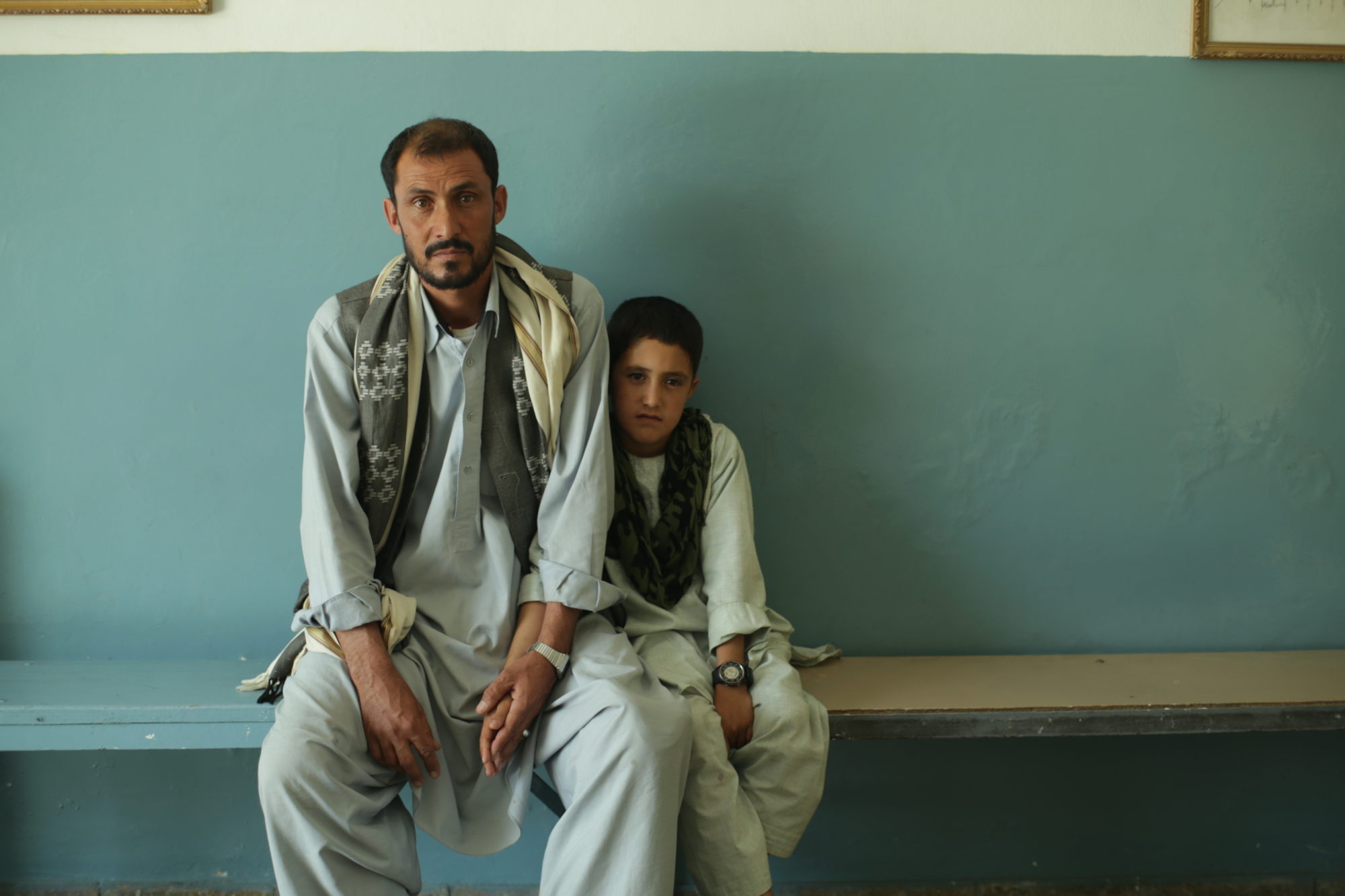On April 4, 1968, civil rights leader Martin Luther King, Jr. was assassinated as he stood unsuspectingly on his motel balcony in Memphis, Tennessee. The cowardly murderer targeted King from a distance, hiding in a bathtub while he aimed his rifle out the bathroom window. Just like that — a man whose life revolved around speaking truth to power — was targeted and killed. Fifty years later, we must honor Dr. King’s legacy by grappling with our own hypocrisy around targeted killing.
When discussing the strong connections between racism, systemic oppression, and the unending wars and violence we inflict on others overseas, Dr. King minced no words, and neither will I.
As a former US drone technician, I witnessed first-hand the terror drones inflict on Black and Brown people around the globe by the United States. I even traveled to Afghanistan after I left the program to observe the impact these strikes had on the people on-the-ground. I do not take the word “terror” lightly, nor do I use it hyperbolically, I use it because there is no other word that I can think of to describe the fear these communities have endured at our hands. Children in Afghanistan fear playing outside, terrified that the moment they walk outside they will be killed by a US drone, just like their family members. One 13-year-old Pakistani, who survived a US drone strike, told Congress, “I no longer love blue skies. In fact, I now prefer grey skies. The drones do not fly when the skies are grey.” Just last week, The Intercept reported that US drone strikes killed seven Yemeni civilians, including one child who was only in the fifth grade.
The United States is currently bombing eight countries across the Middle East and Africa, with “US counterterrorism operations” taking place in an additional 68. Since January 2017, civilian casualties caused by US airstrikes have skyrocketed, while accountability has declined dramatically. Also telling is the fact that of those eight countries we’re bombing, half of them are listed on Trump’s travel ban—essentially forbidding civilians from fleeing the bombs we are dropping. The rationale is that we can’t be sure they’re not terrorists, but if we can’t distinguish refugees from terrorists when they’re right in front of us, how can we identify the people we are killing with drones?
Here in the United States, we are innocent until proven guilty beyond a reasonable doubt, and yet for the last years of my service I watched America’s young people participate in a killing program that flies in the face of any moral code we claim to have as Americans. By bearing witness to murders at wedding parties, soccer games, family gatherings, and places of worship, we became part of the problem. By participating in this unjust war, they were forever changed. I am forever changed. We watched people kiss their kids, take their children to school, and then we saw them die. All of us were then expected to remain silent, and as King made abundantly clear “a time comes when silence is betrayal.”
Exactly a year before his death, King addressed his critics who did not understand why he felt the need to condemn the Vietnam War. He said that his conscience left him no other choice. Well, neither did mine. I lost a part of my humanity fighting this so-called “war on terror,” but I hope that by speaking out, and continuing to speak out, we can come to terms with the reality: The stories shared above are not isolated instances. They will not stop occurring. And the longer we are silent, the larger our complicity grows. Fifty years later, Martin Luther King might not be here to fight this fight, but we continue to work towards an America he would be proud of.
Lisa Ling served in the US military as a technical sergeant on drone surveillance systems before leaving with an honorable discharge in 2012. She is a Board Member of About Face: Veterans Against the War and Frontline Wellness United. She appears in the 2016 documentary on drone warfare, “National Bird.”





















